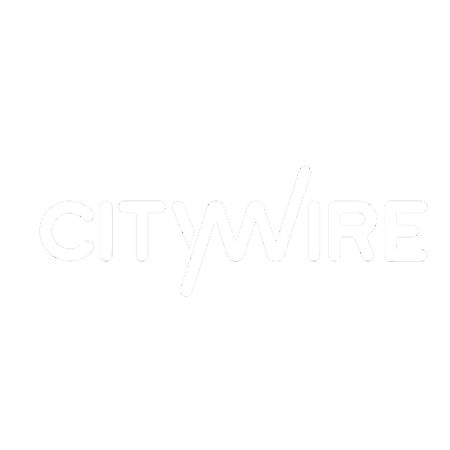By Leyla Acaroglu
Our lives are made up of actions that come about as a result of choices that we often make based on the available information we have on hand.
So when someone sees a tsunami of problems presented to them day in day out by the mainstream and now social media, it's easy to assume that these issues are disconnected to us, that poverty or environmental problems are the outcome of poor policy decisions, or even someone else's bad choices.
From a young age we are taught cause and effect; we intuitively know that every choice has ramifications. If you turn on a tap to get water, it only flows because there is an entire system that has been set up to enable it to do so. This is made painfully obvious when, for whatever reason, the water doesn't flow. Say you forget to pay your water bill, or a pipe bursts due to traffic work somewhere down the street, and suddenly you are confronted with a system impact that is an immediate loss of something that you are used to being always available to you. There are actions you can take to remedy this situation, like calling the water company or paying your bill if you have the means to do so. But, when it comes to bigger issues outside of your immediate control, the actions an individual can take to remedy the situation are less obvious and often far from the mind's ability to contribute constructively — so it chooses to avoid the issue instead.
We live on a planet that is intrinsically interconnected; we breathe in the byproduct of photosynthesis, which in turn oxygenates our blood and allows us to breathe out carbon to contribute to the cycle continuing. Each one of us, no matter how big or small our sphere of influence is, has an impact on the world around us. Everything we use, say, do — it all has the potential to unintentionally cause a negative impact or intentionally have a positive one, and that is why being equipped with the tools for making systems change is so fundamental in overcoming the reductive avoidance that so many people opt into.
Know it or not, our lives are marked by change — changes that we can’t avoid.
For example, age: each birthday, the age we define ourselves by goes up by one.
Hair: it grows, goes gray, is lost, and in some cases, grows in very odd places.
Weather: it gets colder, hotter, and even more so nowadays, it's getting weirder.
Life aspirations: if you followed the dreams of your five year old self, you may be a miniature dragon doctor now.
Opinions: every other day they should change.
Days: like seven times a week they change.
Lovers: insert your time frame here _____, but what we love changes over time as we grow and evolve as humans.
Change is the one constant in life (thanks Heraclitus for this great quote). We are all changing constantly, and the world we interact day in day out, changes us.
It’s less often that you are saving things. Like maybe you saved a baby from a burning building in your dreams (or in real life if you are a firefighter perhaps?), or you may have recently saved a breakable item from smashing on the floor. You may even be one of those people who is good at saving money. But changing is way more common than saving, so let's get this straight. YOU, yes you, you change the world every single day that you are alive, and in turn, the world changes you. You are in an interdependent relationship with a bunch of systems and hidden processes that you may not have any idea about, and together, we are going to uncover what they are, how they work, and why you can help change them by activating your creative capacity and leadership so that you can contribute to helping the world works better for all of us.
The saying “change is hard” is often used as an excuse for not taking action or deflecting responsibility to other parts of the system. But everything worth doing requires work, and if the systems changes needed were easy, then they would have been done already. Easy solutions to complex problems often lead right back into the problem — that's one of the basic tenets of a systems mindset, and one of the core things we teach at the UnSchool.
You can't make change unless you know what needs to be changed. Just like you don't know what you don't know until you discover that you don't know it!
I started the UnSchool to help people like you. It’s all about providing tools to help redesign the world through creative systems change. I know that it's not possible for any one person to suddenly save the entire world, and nor should be the responsibility for anyone to do so, but it is certainly the case that every single person can change it. In fact, the world does not need ‘saving’ — it is us humans that need a salvation, given the hyper-consumption fueled constant-growth mindset that has permeated modern societies at the expense of the systems that sustain us and the values that maintain our species’ success!
The power to make change lies in our personal ability to see our own agency and opportunity for for creative leadership and to then make intentional choices about how we will activate the influence we organically have on the world around us, while working on enhancing this to a point where we can actively make more positive systems change.
One of the reasons I started the UnSchool almost five years ago, was to connect and encourage a global community of rebellious creatives willing to activate their agency for sustainable and regenerative future. It’s for all the people who are deeply passionate about contributing to changing the way we humans treat and interact with the world, so that we offer back more then we take.
All the tools and resources that I create are intended to support people agentizing themselves to be positively disruptive change-makers, rather than passive observers, participants, or even complainers of the status quo.
Developing healthy critical thinking, reflexivity, a systems mindset, and a problem-loving attitude are all fundamentals to increasing your capacity to take action and to contribute to needed systems change. To be able to see the relationships between things that occur provides the foundations for moving from blame to understanding, which in turn supports the development of a problem-loving mindset.
Over the last 15 years of working in sustainability and cultural change, I have met way too many people who say that they are trying to solve problems when, in fact, they are reinforcing them by not choosing to understand the relationships and hidden aspects that make them exist to begin with. This reductive linear thinking plagues decision making and is one of the fundamental reasons that problem solving needs systems thinking.
I made a choice to dedicate my career to figuring out how to contribute to effective positive change and how to overcome the reductive mindset that disempowers and disables, while being a problem lover, systems explorer, and supporter of regenerative and sustainable change. To further support changemakers developing their own learning journeys and discoveries. That’s why I am so proud and excited to share the new certification systems (UnSchool style) that we have developed. The three advanced learning UnSchool systems are self-directed learning journeys into activating positive change, as a Practitioner, UnMasters or Educator.
Of course you don't need to come to the UnSchool to make change! But if you want the support and want to become more agentized around creative leadership, systems, sustainability, and design, then we have short or long-form classes for you to help change and not save the beautiful planet we all share!
